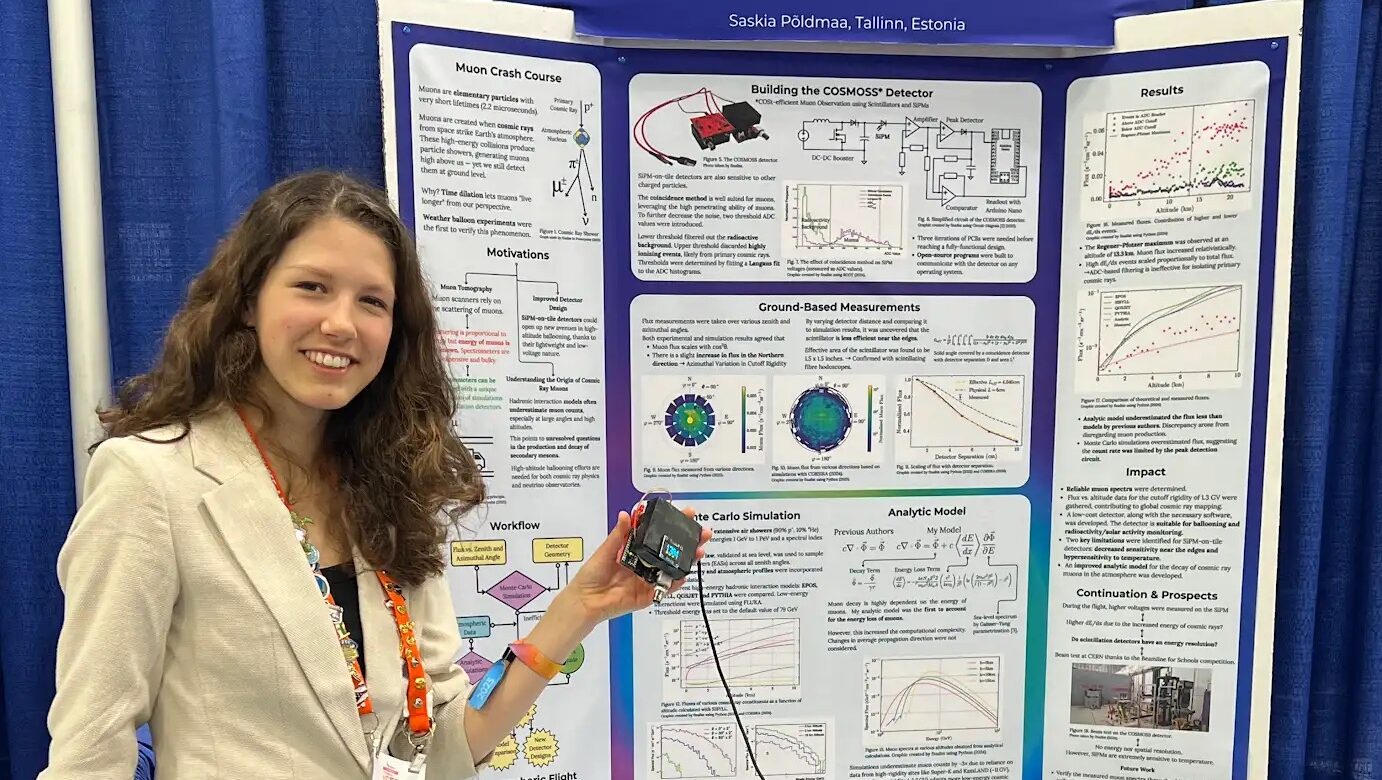According to Toivo U. Raun in “The Development of Estonian Literacy in the 18th and 19th Centuries”, as of 1897, 95% of Estonians were able to read compared to only 30% of their neighbours. Today, how can we predict an individual's development into adulthood? Here are three different examples that give you a flavour of both historical and current research on this topic.
Example one:
Here we have a short story about Mencius, the famous Confucian philosopher (born 372 B.C.), whose mother moved three times until she was satisfied with having the right environment for her son. The first family home was near a cemetery. When the mother noticed Mencius starting to spend a lot of time imitating funeral directors and mourners, the mother decided to move to a new location near a busy market.
Now Mencius began imitating the loud cries of merchants. Not satisfied with her son's behaviour, the mother then moved to a house near a school. Inspired by scholars and students, Mencius began to study. The mother decided to remain, and Mencius became a scholar. Sometimes, the right location determines your destiny, especially if one is influenced by peer pressure at a young age.
Täismahus artikkel on loetav Eesti Elu tellijatele
Igal nädalal toome me sinuni kõige olulisemad kogukonna uudised ja eksklusiivsed lood uutelt kolumnistidelt. Räägime eestlastele südamelähedastest teemadest, kogukonna tegijatest ja sündmustest. Loodame sinu toele, et meie kogukonna leht jätkuks pikkadeks aastateks.
Hind alates $2.30 nädalas.



